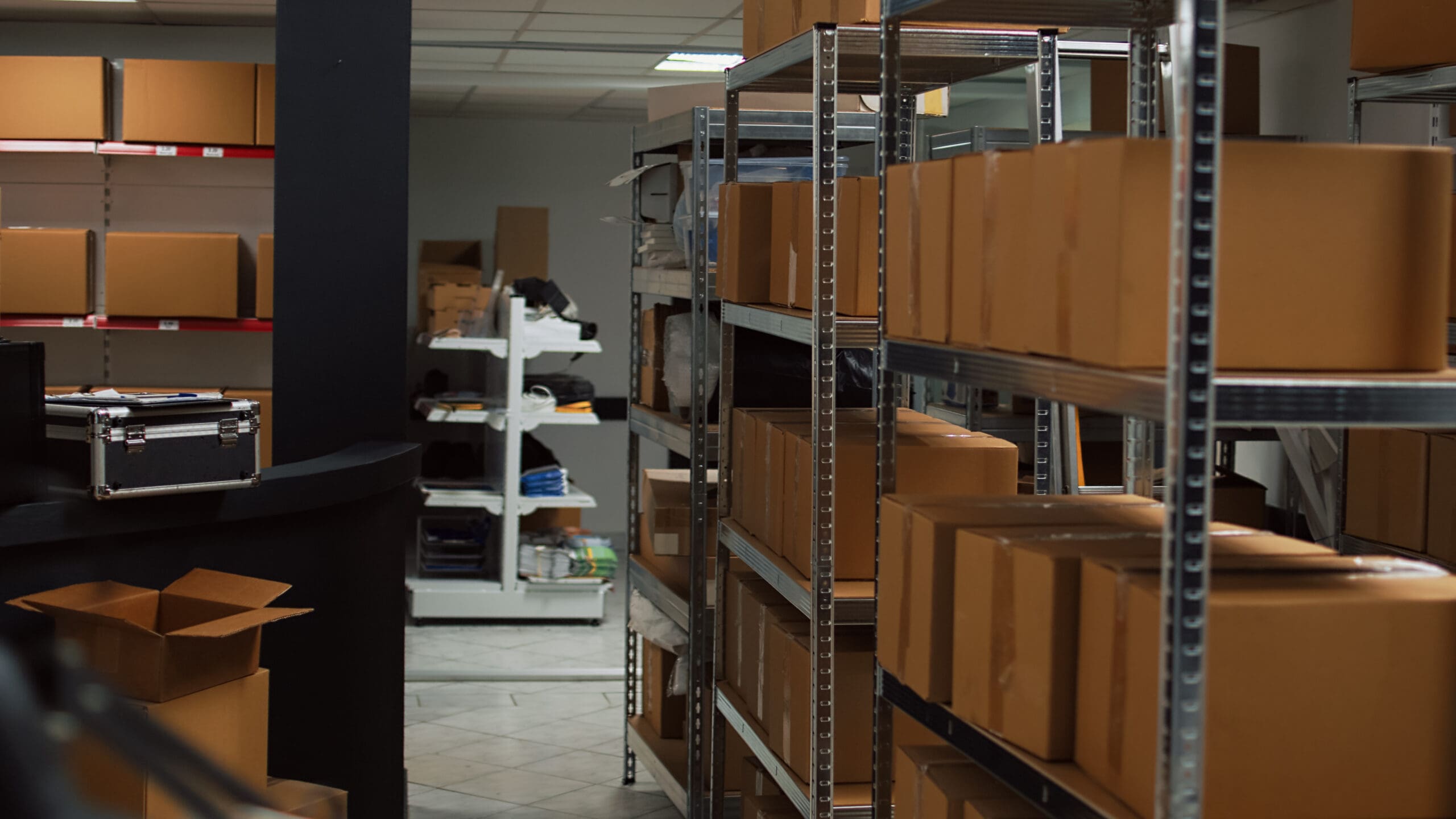As a small business owner with a retail business, it’s common to finance products in order to grow sales and be successful. Ensuring you have enough product on hand and enough product incoming is critical for keeping cash flow healthy. If you are struggling to find capital to purchase inventory with, the solution may seem simple – get a business loan. However, for small businesses it may not be as simple. So how do small businesses finance a new or existing product? How to finance a product is explained below, just keep reading.
Why can’t small businesses easily get inventory financing from banks?
When it comes to loans for small businesses, most banks prefer secured loans. Secured loans require collateral such as real estate, inventory, or other valuable business assets. Since the bank has collateral, their credit risk is reduced. As a result, they should be more willing to loan small businesses money for a reasonable interest rate. While this sounds like it should be easy for small businesses to secure inventory loans from banks, it’s usually not. Compared to online lenders or investors, banks typically have strict lending requirements. In order for a small business to qualify for an inventory loan with a bank they should be able to prove consistent sales and solid financials. However, as a small business that needs more money to purchase inventory, current sales may not be lucrative enough for the bank to want to give an inventory loan. Another challenge small businesses may have is simply not having enough collateral to provide. While small businesses may be able to secure an inventory loan from a bank, it is usually difficult and the terms may not be favorable for the business. Most small business owners, such as the founder of Kickfurther, are constantly searching for a better way to finance inventory. We will dive into how Kickfurther can help small businesses a little later on.
What factors do banks consider when giving loans?
Most banks consider the “Five C’s” when evaluating small businesses for loans. The Five C’s include capacity, collateral, capital, character, and conditions. In order to qualify for a loan, small business should not be insufficient in any category. If they are, it may be especially challenging to secure a loan from a bank. Let’s learn more about what the Five C’s of credit entail. . .
#1. Capacity to repay
Most banks place a strong focus on your ability to repay a loan. When you apply for a loan, you authorize the bank to run your credit. When banks analyze credit reports they are usually focused on two main things – the amount of debt you currently have and history of repayment.
#2. Collateral
Collateral helps protect a bank’s interest. In the event a small business defaults on loan the bank can cover any potential loss by liquidating the collateral. In most cases, banks only lend up to a percentage of the appraised asset value.
#3. Capital holdings
Small businesses that need to borrow money may be lacking in this category. It can be frustrating to lack capital and be denied access to capital for the shortcoming. Banks usually evaluate the amount of money a company has available. In some cases, the bank may evaluate the business capital and or the business owners capital. If the business owner has a strong financial stance the bank may proceed with the loan if the business owner will provide a personal guarantee.
#4. Character
Character can be harder to evaluate than some of the other areas. It’s one of the only areas that may be opinion based and largely subjective or represent soft qualification metrics that vary differently from institution to institution. Most banks research a company’s reputation, history, and references to evaluate character. If you have not been in business very long, you may have a lack of history which can be a problem.
#5. Conditions of the market
Market conditions are usually outside of a business owner’s control. If your business operates in a high-risk industry, it will be even harder to qualify for a loan. If you are able to be considered a strong candidate in all other areas, a bank may choose to approve the loan. High-risk industries are those that are at risk for sudden downturns.
Why would a bank deny an inventory loan?
A bank can deny an inventory loan for just about any reason. While banks are in the business of loaning money, they must make good loans in order to be successful. When it comes to small business loans and inventory loans, banks usually deny more than they approve. It can be frustrating for business owners to envision growing their company but be held back by the inability to secure a loan. Here are 9 reasons why a bank may deny an inventory loan. . .
- Insufficient collateral
- Bad credit
- Not enough time in business
- Industry concerns
- Incomplete paperwork
- Debt-to-income ratio issue
- Cash flow challenges
- Inability to provide personal guarantee
- Customer concentrations
How can Kickfurther help fund small business growth?
With 800+ deals funded and a 99.5% success rate, there’s no doubt that Kickfurther can help your business get the inventory financing it needs. Kickfurther also offers extremely low fees, no paid subscription, and can be up to 30% cheaper than other options. So how does Kickfurther work? Kickfurther is designed to help small businesses secure inventory financing without giving up equity in the company. Kickfurther allows small businesses to recruit supporters to buy inventory on consignment. To get started, small businesses can create proposals including a time frame for producing goods, a specified rate of return, and a schedule for repayment. Depending on your expected cash flow, you can set the repayment schedule between 2-10 months. Kickfurther supporters are repaid in full plus dividends.
In addition, Kickfurther offers a Pay As You Go financing system. This system allows companies to raise funds based on a percentage of their total income over the previous 12 months.With Kickfurther, you don’t have to start making your payments on funding until that inventory has begun selling, which eliminates the cash flow pinch caused by immediate repayment other finance lenders use. Brands that use Kickfurther can repeatedly increase their total funding amount while decreasing their costs.
Grow your business with Kickfurther
Kickfurther is committed to helping businesses secure affordable inventory financing. If your company needs inventory financing for physical products and has proven sales, you should apply at Kickfurther. Kickfurther has a vetting process that is designed to improve the success rate of candidates as well as supporters. During the application process sellers may be required to submit sales history and revenue documentation. In addition, Kickfurther can do a credit report as well as a personal credit check for the business owner.
Wrapping Up
Being denied again and again can be frustrating. Don’t give up yet, though. You have just discovered a better way to finance inventory. In 2015, Kickfurther was launched by an entrepreneur who was once in your shoes. Sean De Clercq was hopelessly searching for an affordable way to finance inventory. When the search led to several dead ends, the idea for Kickfurther was born. Kickfurther was launched with the intention of helping other entrepreneurs and business owners find affordable inventory financing.
Kickfurther is the world’s first online inventory financing platform that enables companies to access funds that they are unable to acquire through traditional sources. We connect brands to a community of eager buyers who help fund the inventory on consignment and give brands the flexibility to pay that back as they receive cash from their sales. This alleviates the cash-flow pinch that lenders can cause without customized repayment schedules, allowing your brand to scale quickly without impeding your ability to maintain inventory or financial flexibility.
Discover affordable inventory financing. . . get started today!









